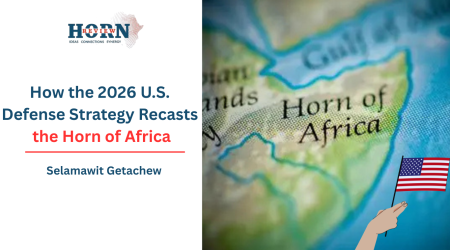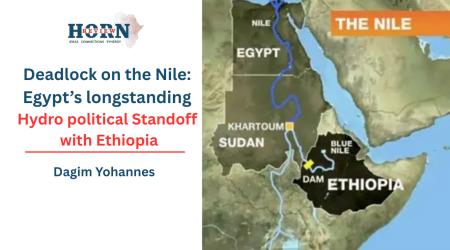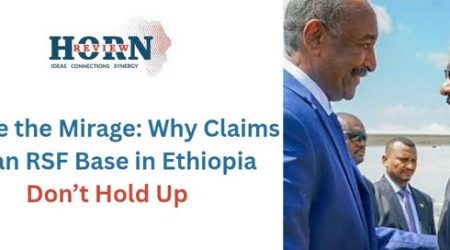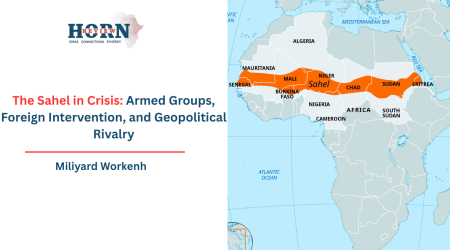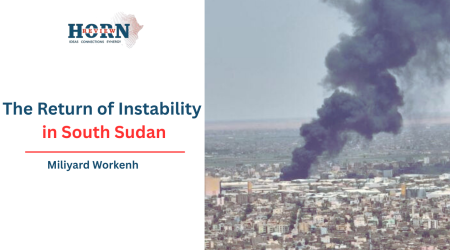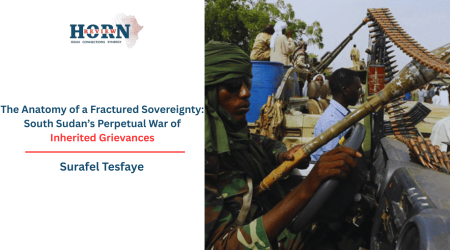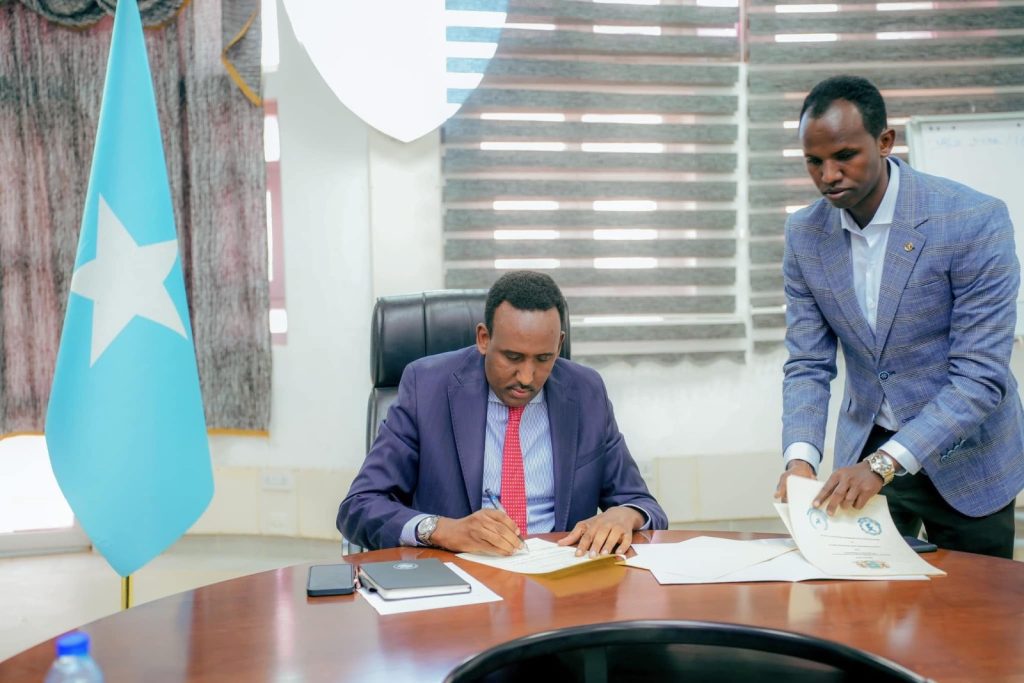
5
Feb
Somalia and INTERPOL Sign Memorandum of Understanding:A New Milestone
The Somali Immigration and Citizenship Agency (ICA) has signed a Memorandum of Understanding (MoU) with INTERPOL, marking a significant step toward strengthening national and regional security. This agreement focuses on enhancing border security, combating international crime, and ensuring safer travel. Given Somalia’s strategic location in the Horn of Africa, a region plagued by terrorism, piracy, human trafficking, and organized crime,his t partnership is expected to play a crucial role in stabilizing both the country and its neighbors.
Significance of the Memorandum of Understanding
The MoU establishes a framework for cooperation between Somalia and INTERPOL, with a primary focus on crime prevention and intelligence sharing. While not explicitly detailed in the agreement, future collaborations will likely involve Somali authorities gaining access to INTERPOL’s global database, which will help track and apprehend suspects involved in terrorism, drug trafficking, and human trafficking. Strengthening border security is another key component, as Somalia’s porous borders have long facilitated the movement of illegal weapons, extremist elements, and criminal organizations. With INTERPOL’s support, Somalia aims to implement more effective control mechanisms to prevent illicit cross-border activities.
Regional and Global Implications
This partnership extends beyond Somalia’s national security, contributing to regional and international stability. The Horn of Africa remains a hotspot for terrorist activities, particularly due to the presence of Al-Shabaab and its links to transnational extremist networks. Strengthening Somalia’s security framework will help mitigate these threats, reducing the risk of terrorist attacks in neighboring countries.
The agreement also aligns with INTERPOL’s broader strategy in Africa, where it has successfully conducted operations targeting organized crime. In recent years, INTERPOL-led counterterrorism operations in East Africa have resulted in the arrest of dozens of suspected terrorists, including members of Al-Shabaab and ISIS. Similarly, in West Africa, a border security operation led to multiple arrests and the seizure of millions of dollars worth of illicit goods. These successes highlight the effectiveness of international law enforcement cooperation and reinforce the significance of Somalia’s new partnership with INTERPOL.
Challenges to Implementation
Despite its potential benefits, several challenges may hinder the implementation of the MoU. One of the main obstacles is political and institutional instability. Somalia has experienced frequent changes in government and internal conflicts, which could complicate coordination between security agencies and delay the execution of planned initiatives. Resource constraints also pose a significant challenge, as the Somali security sector requires substantial investment in personnel, infrastructure, and technology to fully utilize INTERPOL’s resources. Without adequate financial and technical support from international partners, the effectiveness of the agreement may be limited.
Additionally, balancing security measures with the protection of human rights is essential. Strengthening law enforcement must be accompanied by safeguards against abuses such as unlawful detention or excessive use of force. Transparency and accountability will be crucial in maintaining public trust in Somalia’s security institutions.



